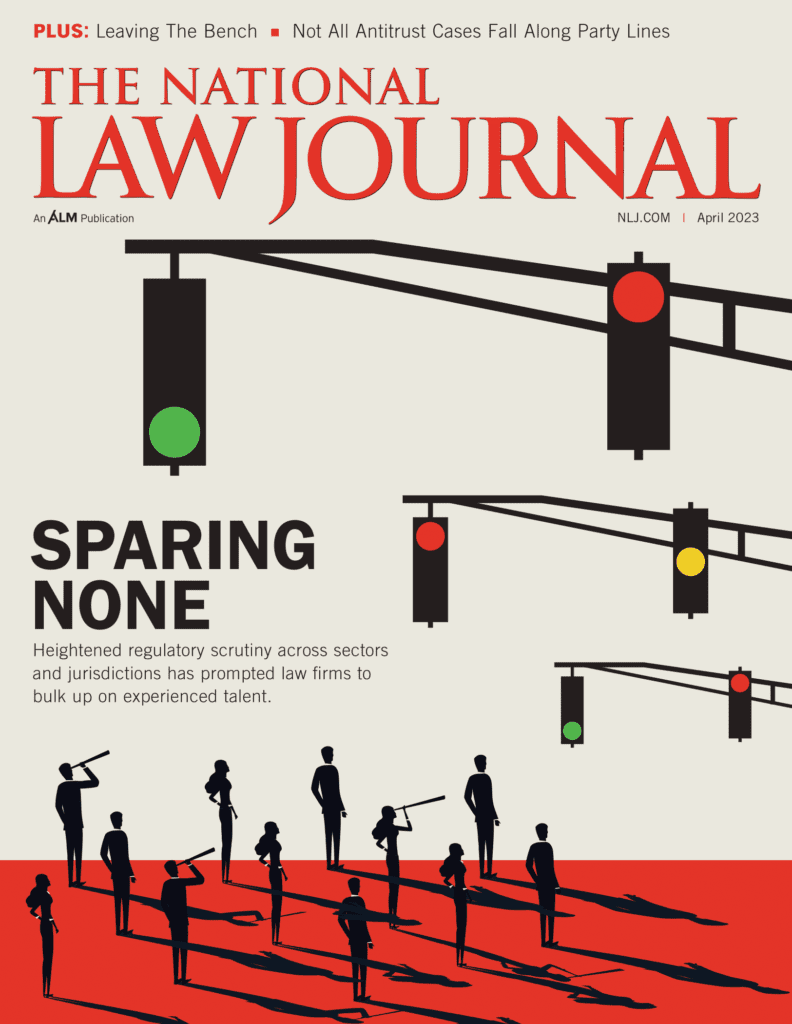Since the coronavirus, or COVID-19, began spreading rapidly around the globe around the new year, sociopolitical upheaval has become an increasingly common concern, and national infrastructures across multiple continents have come under threat. Without minimizing those concerns, however, it’s also important to understand that the best time to start plotting out how to deal with the aftermath of the pandemic is now.
It is a tragedy that lives have already been lost, and that more will be lost before this is behind us. Regardless, it’s better to have an understanding of what it will cost to move forward into the future, and what that future will look like. It goes without saying that the future will differ in a variety of notable ways.
For example, consider the realm of law. Every indication points to the fact that the virus will leave an industry-wide shakeup in its wake. The legal system will become increasingly and permanently digitized and reformed to cater more to consumers affected by COVID.
The internet is increasingly the platform by which legal work is facilitated. This is by necessity: the spread of the virus has resulted in heightened promotion of concepts such as social distancing and institutional lock-down. However, there has not been a reduction in need for legal consultation – if anything, there’s been an uptick. The result is that legal entities have taken to virtual workplaces. This change is being made on the fly, but some lasting presence is expected even in the wake of the virus.
This is not necessarily an antithetical trend in terms of business in the 21st century. Even before the outbreak, converting enterprises to their online counterparts has been a recurring theme. One of the most significant differences in this case in the means of expediency. But what institutions in particular are finding themselves subject to new experiences? Here are some thoughts on how the landscape of everything from the practice of law to its education may change after the pandemic.
Education
Online establishments such as Kahn Academy have long enjoyed a vast following, which will only grow in the future. Their services are invaluable due to the degree of accessibility, affordability, and quality.
Traditionally, law schools have been reluctant to incorporate online courses. Those that do exist already are often just as expensive as typical tuition. This is not advantageous, as law school has only become more expensive and likely to induce debt for students.
One body of thought posits that there will be a consolidation of separate law schools, concurrent with lower tuition. The regular three-year law degree, the Juris Doctor, will be presented along alternate counterparts acquired with the intent to become lawyers, but not the means as typically required (the time, the means, etc.) Companies will be able to provide more profound legal training and education, so that aspirants have more options.
Law Firms And In-House Departments Will Be Transformed
As the world recovers from coronavirus, competition in the legal world will intensify. Consumers will have a louder voice in deliberations over the quality of legal service, as occurs in other free-market scenarios. Legal excellence, in essence, will become more of a commodity. The legal sections in corporations will take a harder look at what and how employees go about their jobs. This greater attention to detail and feasibility can be expected to be of benefit for the consumer.
Courts Will Go Digital
For many, the court system is difficult to access, pay for, or abide by. This means that in the face of a catastrophe such as the pandemic, the system is struggling immeasurably. It can only be hoped that this struggle will ease as the system becomes computerized.
Conclusion
The process of converting the legal system to operate online has already began. Its conclusion is inevitable, although there is hope by some that these changes are temporary. There are some groups which imply that the economic and financial turmoil with which the world is currently contending will follow the pattern of global strife observed in 2008 when the housing crisis occurred. In other words, the push to computerize the legal system is unnecessary, as the world’s financial ecosystem will stabilize in relatively short order. The difference between then and now is the rate of technological innovation. Communication and processing capability have increased several fold, making it favorable to rely more often on online platforms as opposed to traditional methods.
The changes which are underway are here to stay, by all accounts. The best way to forge a way forward is to adapt to external change – and that’s exactly what the web will allow the legal world to do.
Source: https://www.forbes.com/sites/markcohen1/2020/03/24/covid-19-will-turbocharge-legal-industry-transformation/#64ceafef1195




